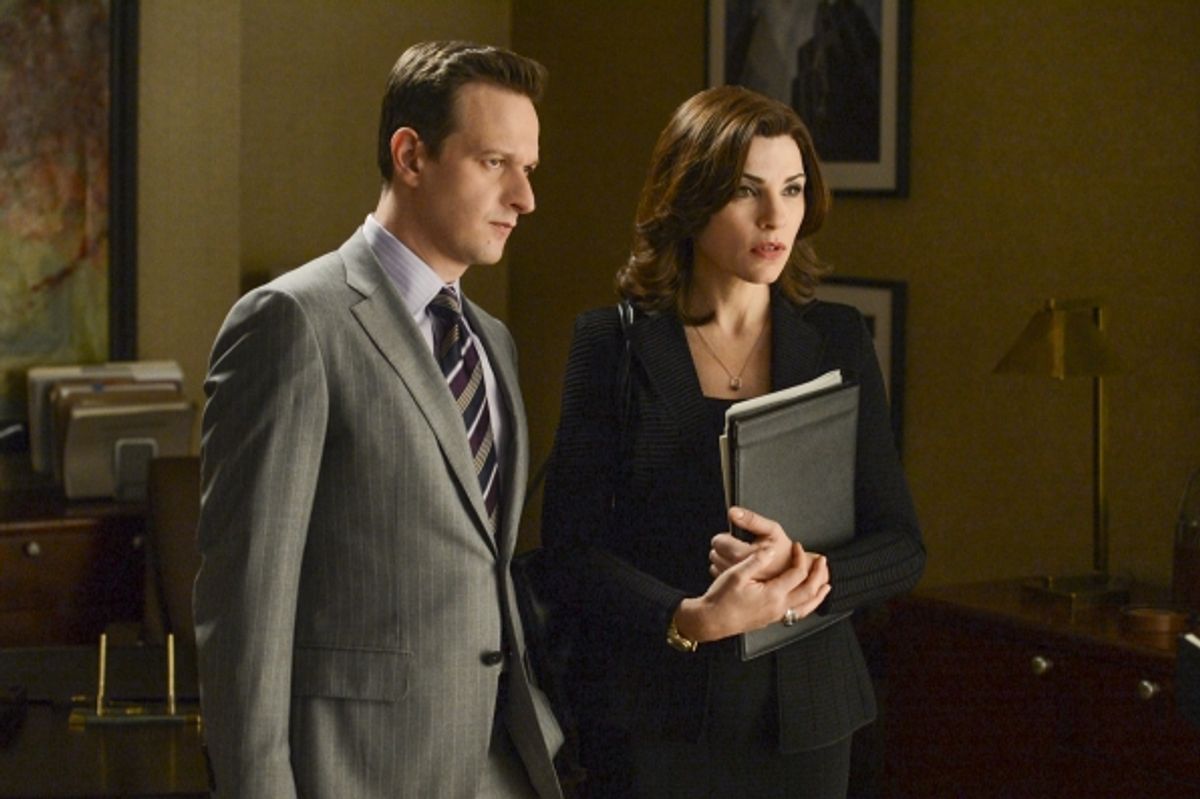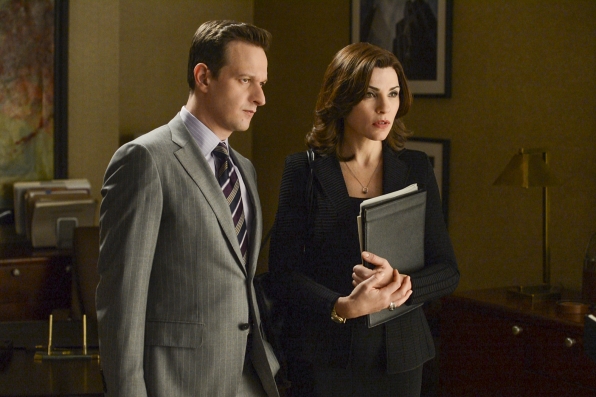BOOKS
Told through the self-aware but not entirely reliable voice of Nora Eldridge, Laura Miller calls Claire Messud’s main character in “The Woman Upstairs” the counterpart to Dostoyevsky’s Underground Man:
As Nora Eldridge, the narrator of Claire Messud’s claustrophobically hypnotic new novel would have it, we are all of us surrounded by reservoirs of invisible rage. “The Woman Upstairs” purports to be the story of one of the ragers, although Nora both does and doesn’t wish to be identified with the archetypal figure in the novel’s title. The counterpart to Dostoyevsky’s Underground Man, the Woman Upstairs, in Nora’s formulation, is a recessive, barely noticed neighbor, “whose trash is always tidy, who smiles brightly in the stairwell with a cheerful greeting, and who, from behind closed doors, never makes a sound.” Her “day’s great excitement is the arrival of the Garnet Hill catalog.” She strives not to cause any inconvenience and is resigned to always coming second (or third) in other people’s lives.
In audiobooks, Laura Miller recommends Amy Rubinate’s narration of Peter Rock’s “The Shelter Cycle,” a novel based closely on the history of the Church Universal and Triumphant cult. The story centers around old childhood friends, Colville and Francine, now grown up:
Amy Rubinate, who narrates the audiobook, is not a particularly flexible performer, but her voice — hushed and grainy, with the shivering tension of someone who is working herself up to telling you the most frightening thing that ever happened to her without ever quite getting there — is perfect for “The Shelter Cycle.” It’s the voice of a ruminating self, a person rolling over and over the events of a lifetime, trying to make sense of them, which is exactly what Colville and Francine are doing.
MOVIES
Coming-of-age tales of teenage anarchists have grabbed Andrew O’Hehir’s attention this week, with “Something in the Air,” set in France in the early 1970s, and “Not Fade Away,” about American rock ’n’ roll fanatics in the 1960s.
I’m officially splitting this week’s Pick of the Week between “Something in the Air” and David Chase’s drastically underappreciated 1960s rock ’n’ roll movie “Not Fade Away,” which is just out on home video. They’re strikingly similar stories in different settings and different registers about young men coming of age in the wake of a revolution that turns out to be somewhat less than advertised. Both directors are complete fanatics on the subject of pop music; I’d love to hear the conversation where they get together to discuss their favorite albums, except that it might devolve into bitter disputes about garage rock and psychedelic folk. Early in “Something in the Air,” Assayas’ stand-in, the mop-top wannabe artist and filmmaker Gilles (Clément Métayer), goes through his record collection, skipping over a bunch of better known albums by the likes of Jimi Hendrix, Led Zeppelin and Jethro Tull before picking one by Syd Barrett. That sums it all up right there.
TELEVISION
Willa Paskin explains what you missed out on Sunday night if you didn't tune in for “The Good Wife” season four finale:
“The Good Wife” finished its fourth season last night, overshadowed as always by TV’s other blockbuster Sunday offerings, from “Homeland” to “Game of Thrones” to “Mad Men.” This season had a rocky start — Kalinda and her implausible, raunchy ex-husband, he of the perverse ice cream — but boy did it recover. The last two-thirds of the season have been fantastic, a sprawling, entertaining, tightly plotted, non-didactic (yes, that is a “Mad Men” dig), razor-sharp examination of power, ethics and corruption, as serious and seriously entertaining as anything on cable.






Shares